The Most Effective Control Of Mosquito Borne Disease Is
The most effective control of mosquito borne disease is. Mosquito-borne diseases are a major public health threat in Sri Lanka. A crucial element in reducing the burden of vector-borne diseases is behavioural change. In this review we comprise and acknowledge the role of WHO in relation to efforts against the alarming situations of mosquito borne diseases.
The reader is advised that the application of insecticides to kill mosquito larvae. Dear editor Mosquito-borne diseases viz malaria filariasis dengue hemorrhagic fever chikungunya Japanese encephalitis etc created huge impact on humans over the world and the chemical insecticides remain the mainstay of effective control. Supporting the development and evaluation of new tools technologies and approaches for vector-borne diseases including vector control and disease management technologies.
Using an EPA-registered pesticide is one of the fastest and best options to combat an outbreak of mosquito-borne disease being transmitted by adult mosquitoes. Recent epidemics of mosquitoborne dengue and Zika viruses demonstrate the urgent need for effective measures to control these diseases. Effective prevention of mosquito-borne diseases relies on the support and cooperation of both public and private sectors with the government.
Currently new strategies based on attractive toxic sugar baits and new agents such as Wolbachia and Asaia are being intensively studied for potential use as alternatives to chemicals. Biological control programmes have rendered promising results but several highly effective techniques such as genetic manipulation remain insufficiently considered as a control mechanism. The important ones are Dengue Fever Malaria Yellow Fever West Nile Virus Rift Valley Fever Chikungunya Japanese Encephalitis and some others.
Mosquito surveillance is an essential component of a comprehensive mosquito-borne disease prevention and control program. Source reduction is a highly effective means of controlling Culex mosquitoes and is very important because adult females typically seek a blood meal near the site in which larvae completed development. Measures for personal protection against mosquito bites including repellents that are safe for use during pregnancy are also covered.
A 20-week pilot education program to improve community knowledge and mosquito control with participatory and non-chemical approaches was developed implemented and evaluated using pre-educational and post-educational surveys in two intervention and two comparison villages. New complementary approaches are needed to close the gaps in current vector control interventions such as effective control of outdoor biting and to provide alternatives to manage the increasing threat of insecticide resistance. The pesticides registered for this use are known as adulticides.
Fogging which is recommended for emergency situations only is most effective when conducted in the hours around dawn and dusk when mosquito activity is most intense. Adulticides are applied either using aerial applications by aircraft or on the ground by truck-mounted sprayers.
Biological control programmes have rendered promising results but several highly effective techniques such as genetic manipulation remain insufficiently considered as a control mechanism.
Measures for personal protection against mosquito bites including repellents that are safe for use during pregnancy are also covered. Mosquito-borne diseases are a major public health threat in Sri Lanka. The objective of mosquito surveillance is to determine species composition geographic distribution seasonal occurrences and abundance of potential vectors of mosquito-borne. Fogging which is recommended for emergency situations only is most effective when conducted in the hours around dawn and dusk when mosquito activity is most intense. Using an EPA-registered pesticide is one of the fastest and best options to combat an outbreak of mosquito-borne disease being transmitted by adult mosquitoes. Dear editor Mosquito-borne diseases viz malaria filariasis dengue hemorrhagic fever chikungunya Japanese encephalitis etc created huge impact on humans over the world and the chemical insecticides remain the mainstay of effective control. In the evening time usually mosquitoes swarm towards the houses a physical barrier like mosquito screens doors or net windows will effectively mosquito-proof your home. A crucial element in reducing the burden of vector-borne diseases is behavioural change. Source reduction is a highly effective means of controlling Culex mosquitoes and is very important because adult females typically seek a blood meal near the site in which larvae completed development.
Measures for personal protection against mosquito bites including repellents that are safe for use during pregnancy are also covered. In this review we comprise and acknowledge the role of WHO in relation to efforts against the alarming situations of mosquito borne diseases. Supporting the development and evaluation of new tools technologies and approaches for vector-borne diseases including vector control and disease management technologies. A 20-week pilot education program to improve community knowledge and mosquito control with participatory and non-chemical approaches was developed implemented and evaluated using pre-educational and post-educational surveys in two intervention and two comparison villages. Source reduction is a highly effective means of controlling Culex mosquitoes and is very important because adult females typically seek a blood meal near the site in which larvae completed development. The important ones are Dengue Fever Malaria Yellow Fever West Nile Virus Rift Valley Fever Chikungunya Japanese Encephalitis and some others. At the same time some of the most effective control methods chemical insecticides are starting to lose the fight against insecticide resistance.


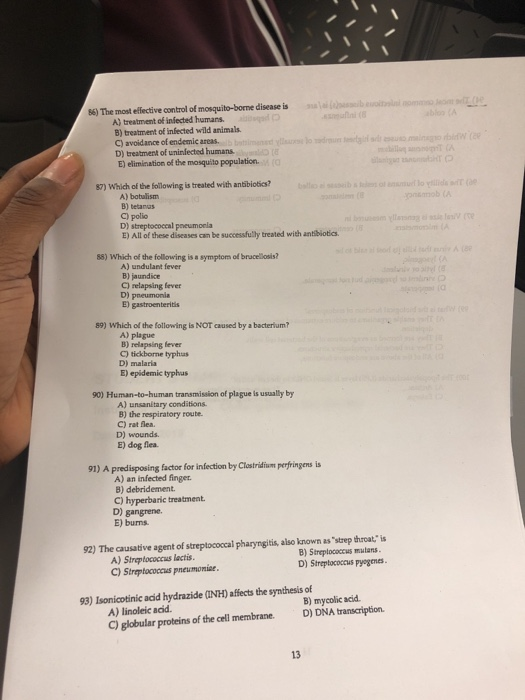
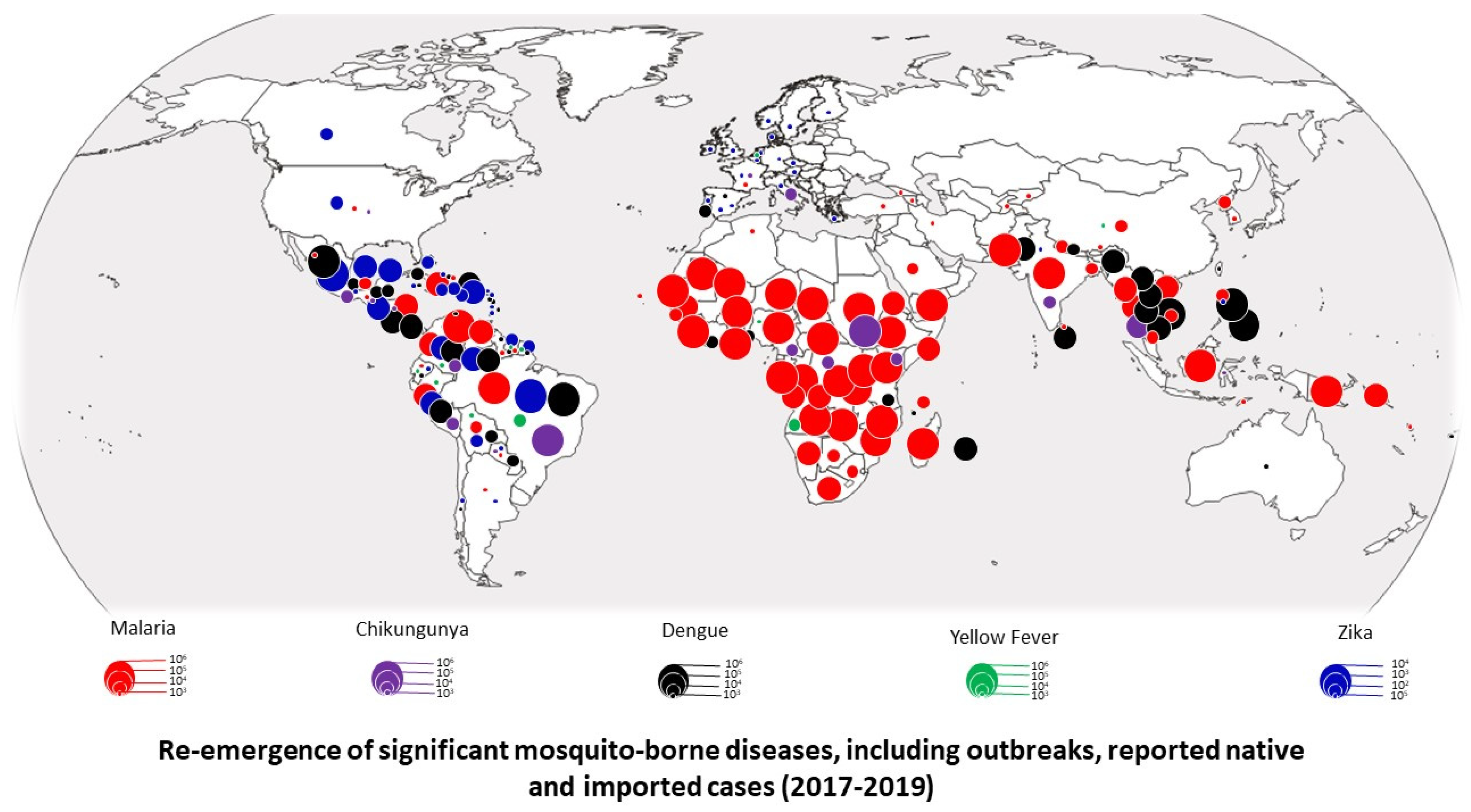
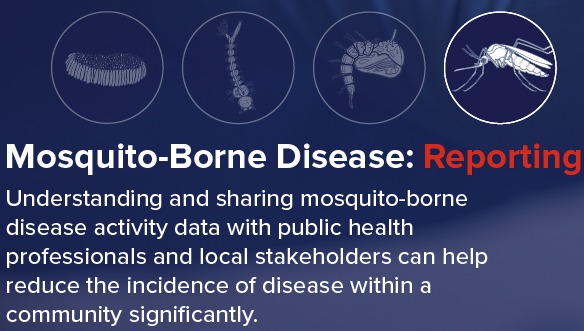

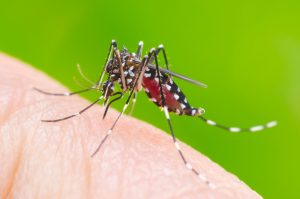
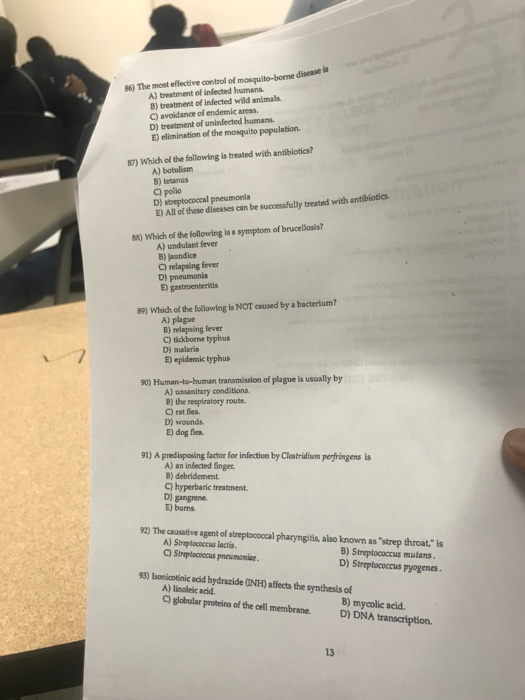
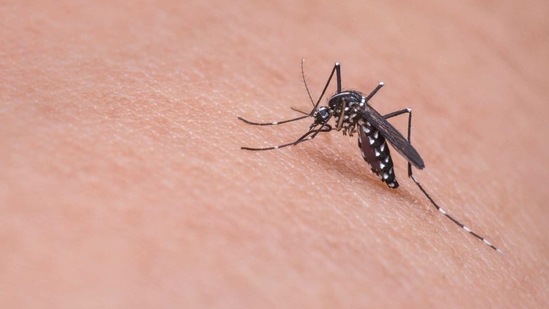

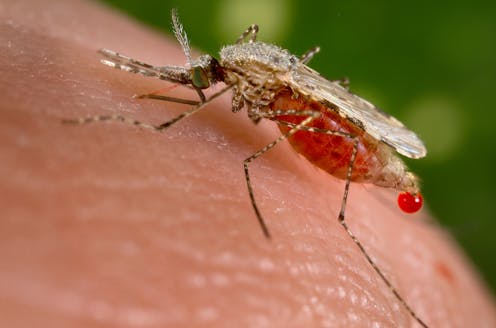
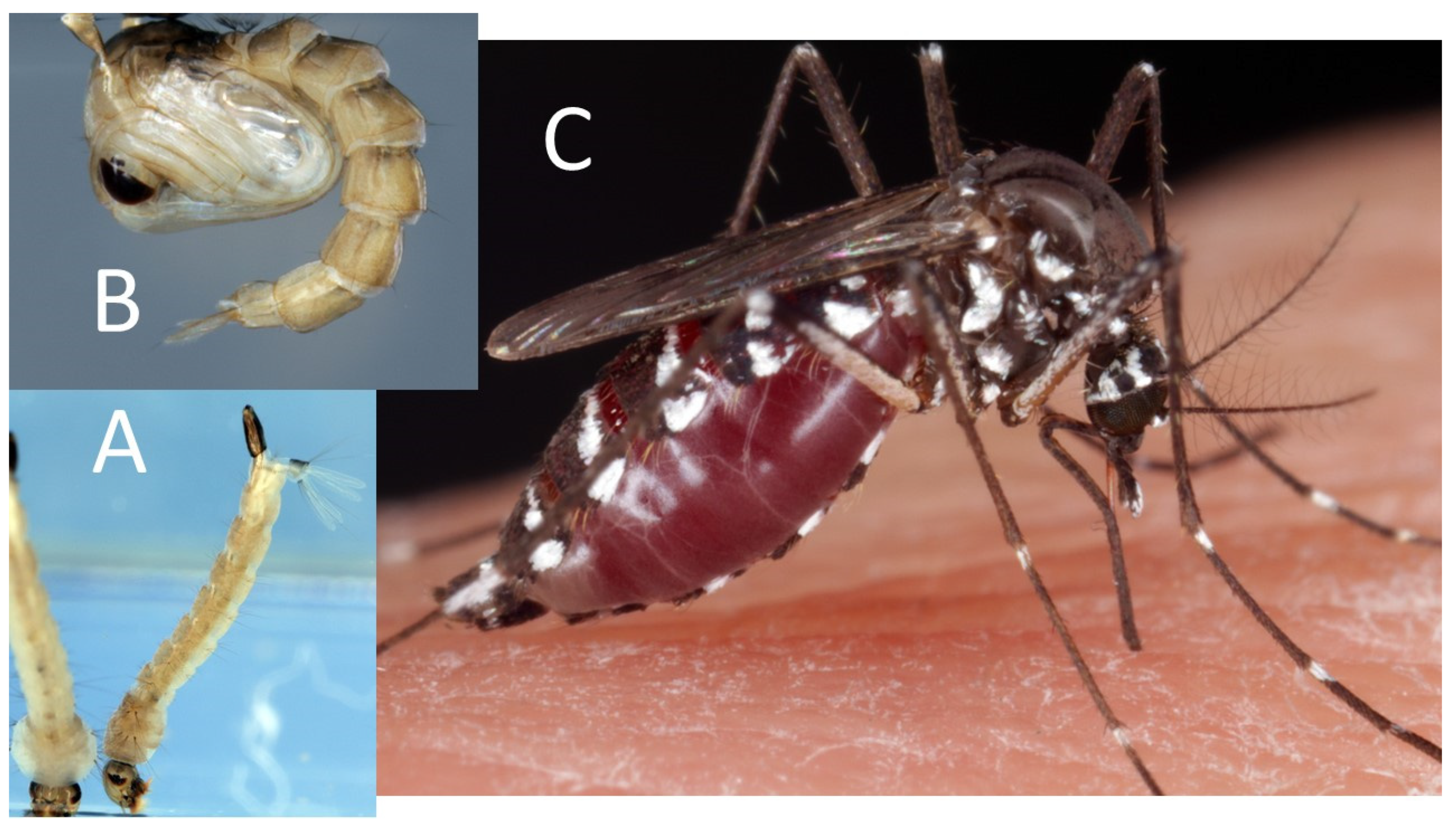
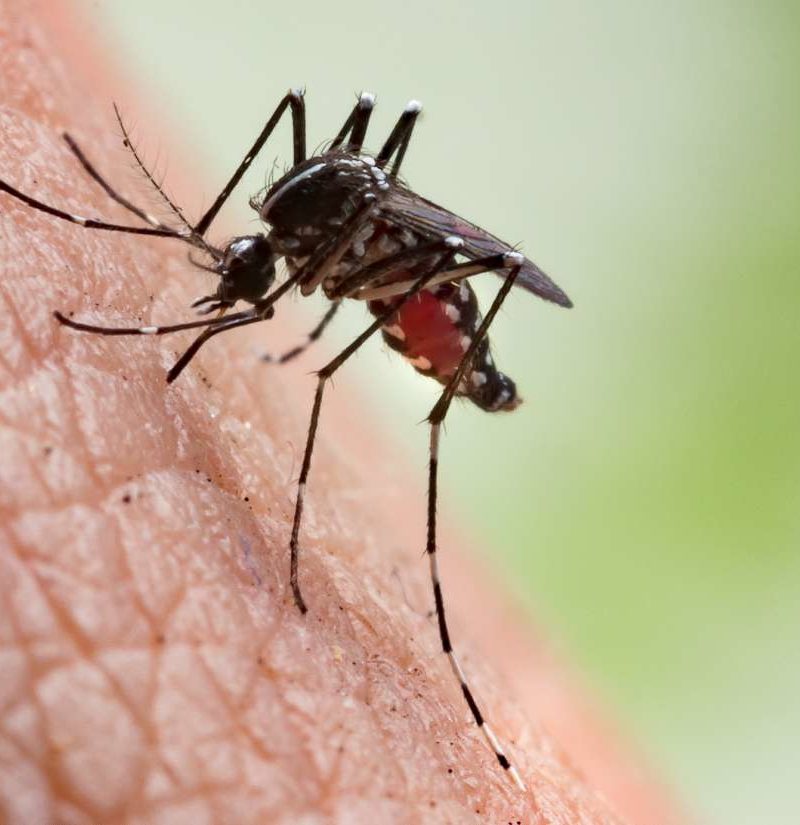


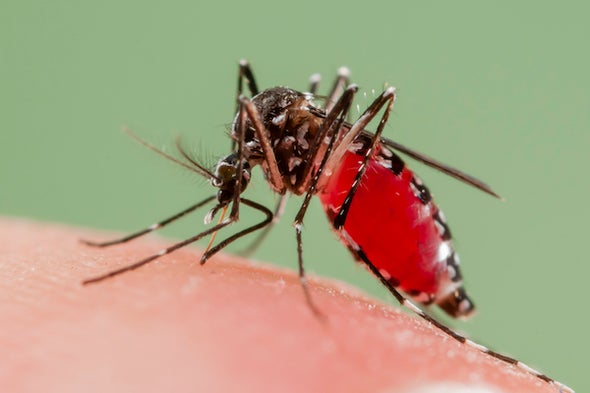

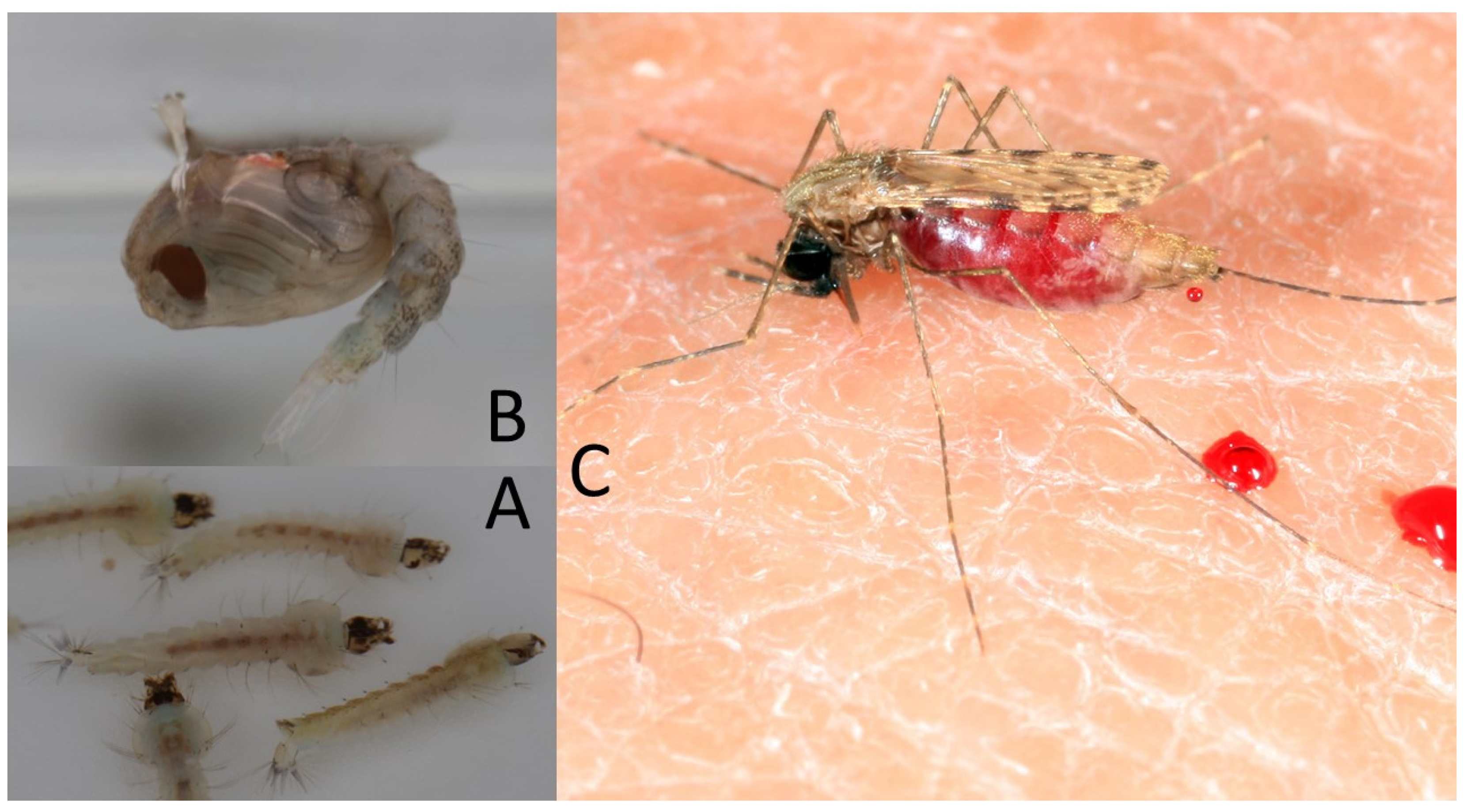

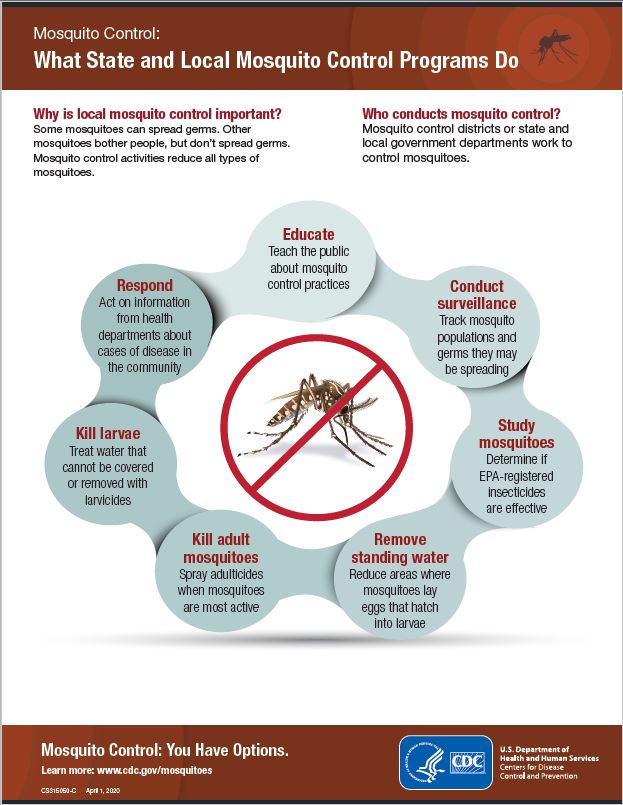



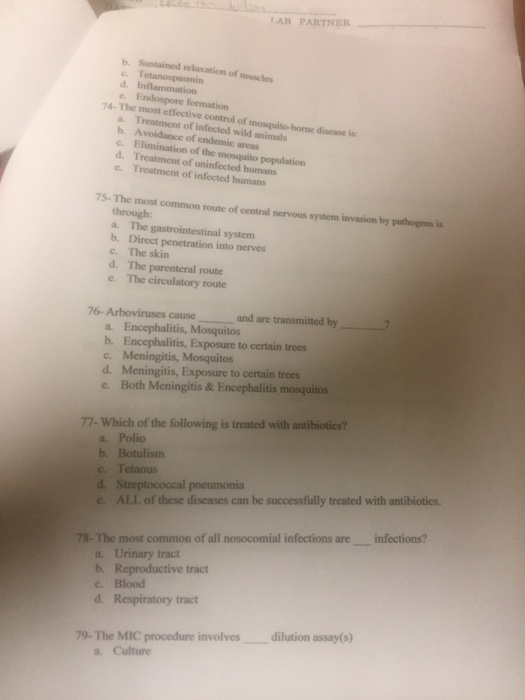

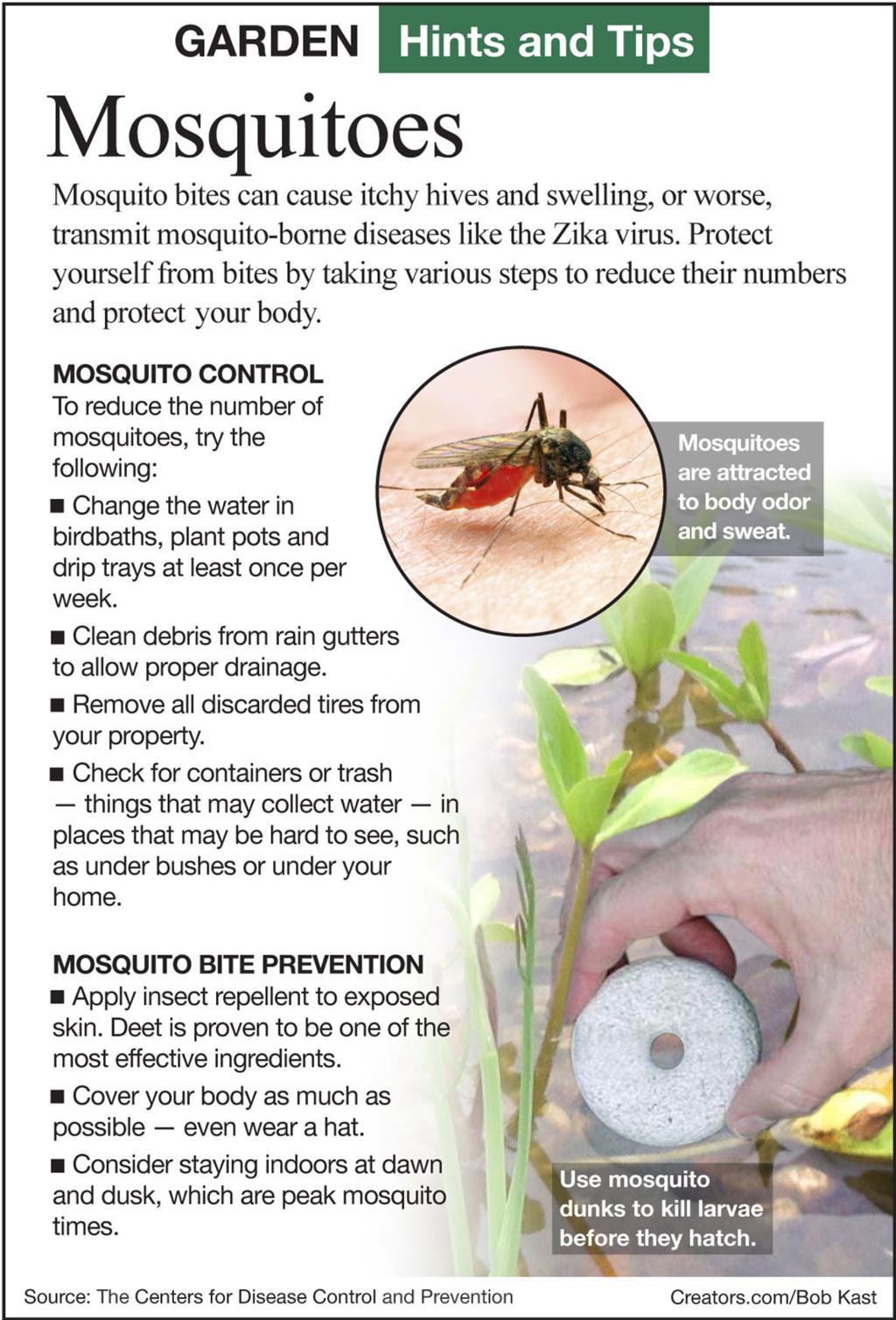


/014who_kisumu.jpg?sfvrsn=9fa79d10_11)
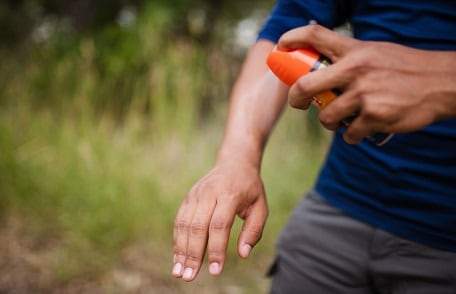
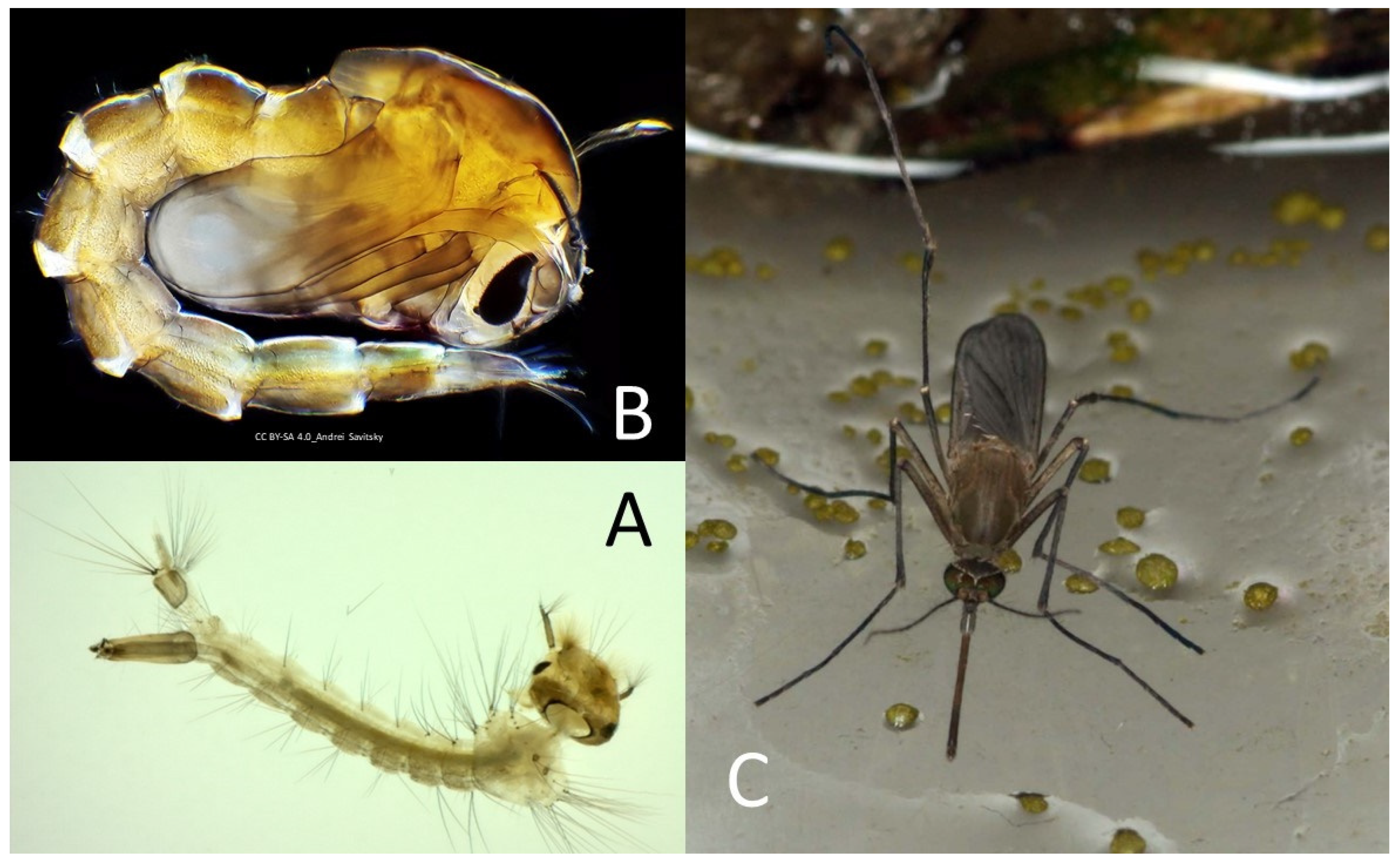
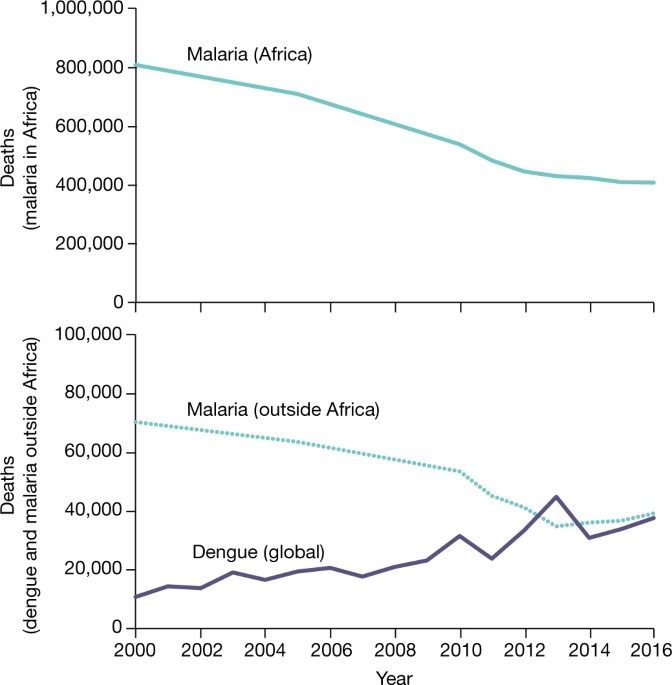



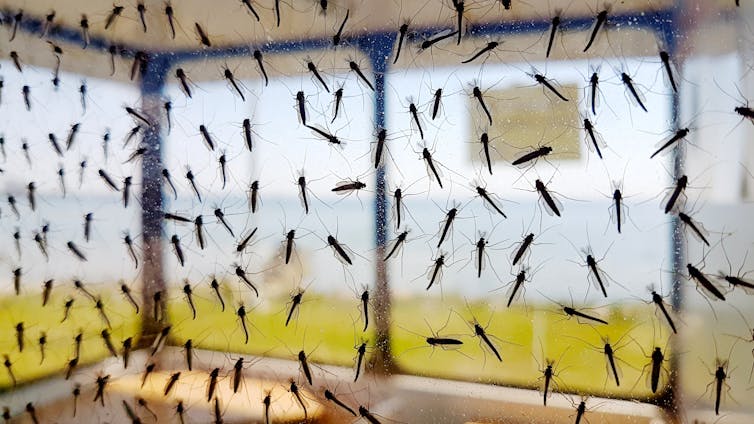



Post a Comment for "The Most Effective Control Of Mosquito Borne Disease Is"